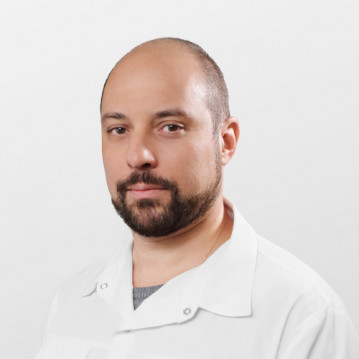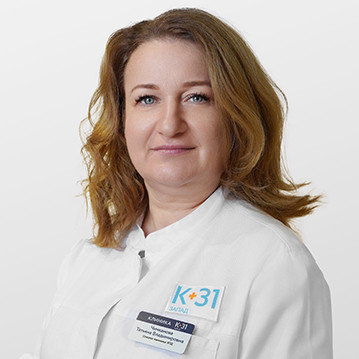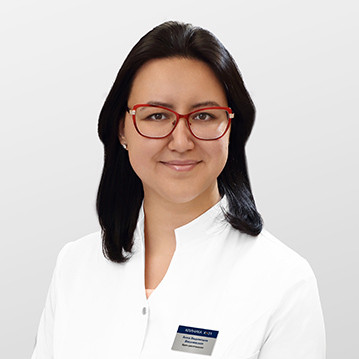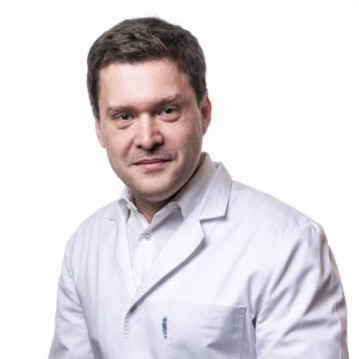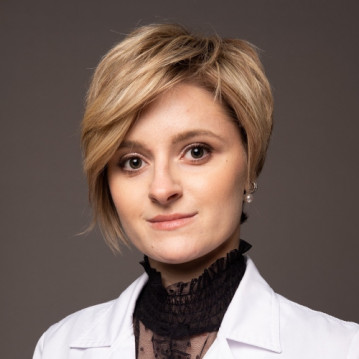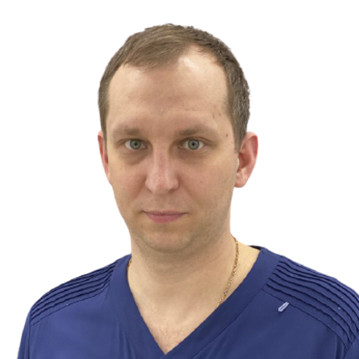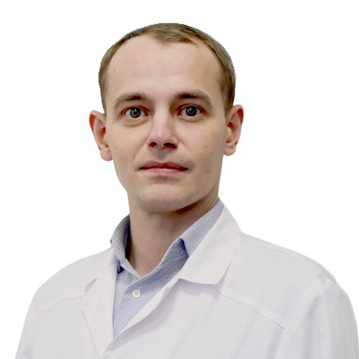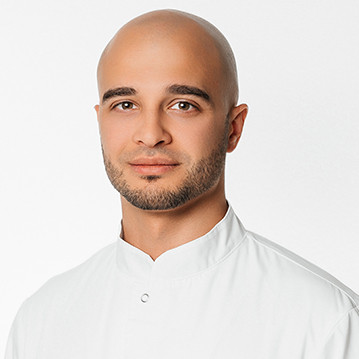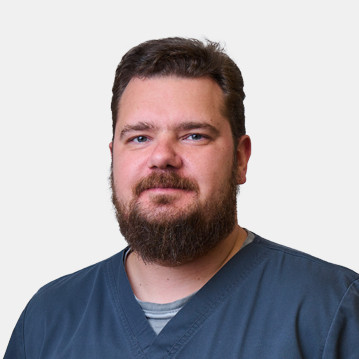What implants can I have for an MRI?
With metal-ceramic dentures, crowns. They are not considered implants. Also, the results are not affected by the intrauterine device. Any metal or ferromagnetic implants are questioned. This also applies to cochlear inner ear prostheses. In these cases, it is necessary to provide the doctor with the implant passport.
Can an MRI be done during pregnancy?
Among the contraindications for undergoing MRI are the first 3 months of pregnancy, when fetal organs are laid. During this period, the procedure can be carried out only in case of urgent need and only in the direction of a doctor. The machine is not exposed to X-rays like computed tomography or X-rays. The magnetic field with which the MRI works does not in any way affect the development of the fetus, and for 30 years of using the technology, no negative cases have been identified. Otherwise, MRI is the safest procedure and is used to diagnose the health of both the mother herself and the fetus. The device is able to identify a variety of malformations, diseases and collect all information about the development of the fetus.
Does MRI affect the body while breastfeeding?
Electromagnetic waves and a magnetic field generated during the study do not affect the body of a nursing mother in any way and do not cause any changes in the composition of milk. After the procedure, you can start feeding immediately.

